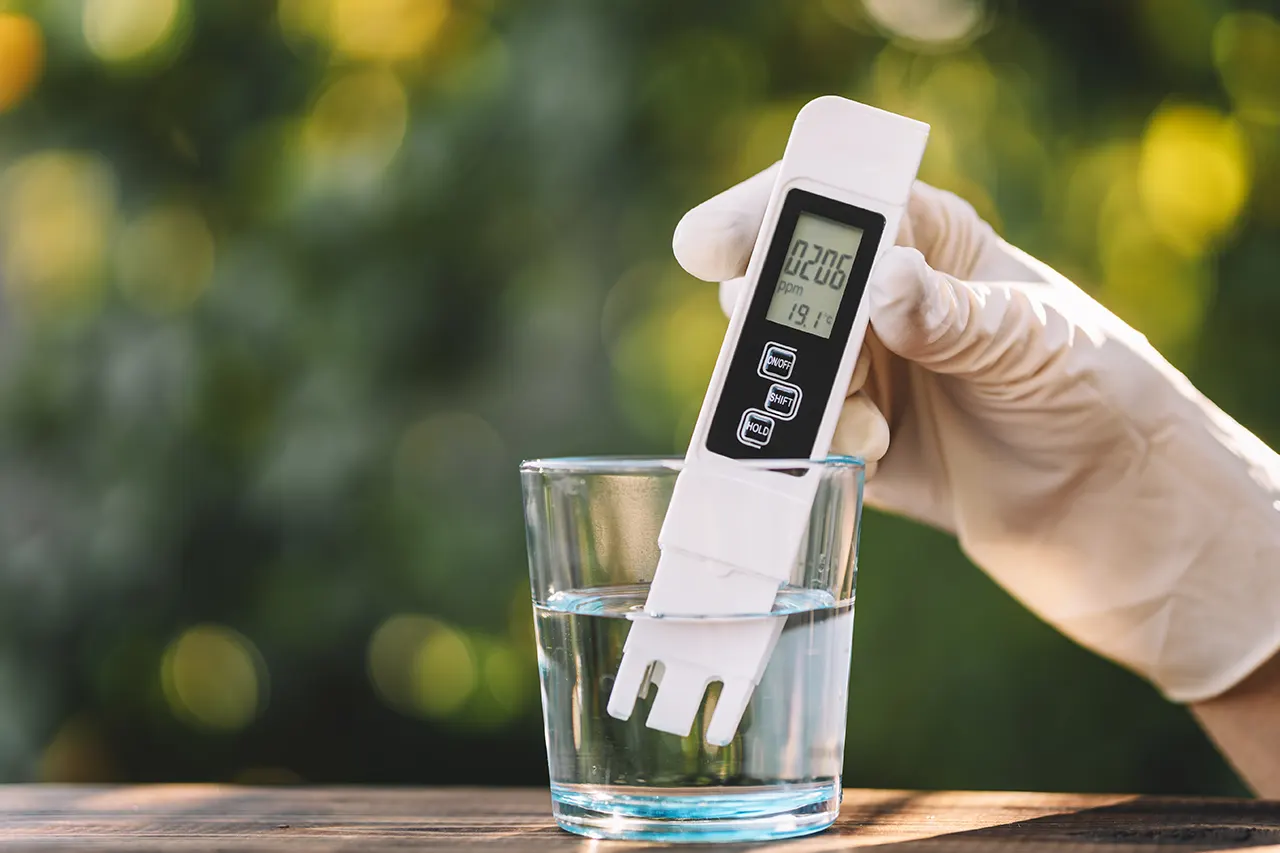
In-Depth: Why Merck, Germany Chemicals Are Trusted in Labs Worldwide
In the scientific community, a brand name is synonymous with quality and reliability. This article explores why “Merck” is the name researchers around the world trust.

pH or acidity-alkalinity level is one of the most frequently measured parameters in scientific work, from water quality control, food and beverage industry, agriculture, to complex laboratory research. And an essential tool for this work is a "pH Meter". But when it's time to buy, many people may wonder whether to choose a serious-looking Benchtop pH meter or a portable one that looks convenient?
There is no definitive answer to which is “better” because they are designed for different purposes and work environments. Choosing the right tool depends largely on the nature of your job. This article compares the features, advantages, and limitations of both types of measuring instruments to help you make an informed decision.
Benchtop pH meters are the kings of laboratory accuracy. They are designed for analyses that require the highest resolution and reliability.
Features: They are large in size, require an AC power plug to operate, have a large and clear display, are often equipped with an electrode arm, and have a variety of connection ports.
strength:
Limitations: Cannot be moved for use outside the premises.
Who is it suitable for?: Research laboratories, quality control laboratories, educational institutions and any applications that require the most accurate and reliable measurement results.
Portable pH meters are designed for portability and durability, perfect for on-the-go or mobile applications.
Features: They are compact, battery-powered, lightweight, and many models are designed to be waterproof and shock-resistant.
strength:
Limitations:
Who is it suitable for?: Environmentalists, farmers, quality control operators in the food and swimming pool industries, and all types of field work.
| Properties | Benchtop | Portable |
| Accuracy | Highest (0.001-0.01 pH) | Good (0.01-0.1 pH) |
| Portability | cannot | Very convenient |
| Energy source | AC electricity | battery |
| function | Advanced, diverse | Basic, Necessary |
| Main Uses | Research Lab, QC | Field, site inspection |
Summary
Choosing between a benchtop and portable pH meter isn’t as complicated as it sounds. Just ask yourself, “Where will I be using the meter and what level of accuracy do I need?” If the answer is for applications that require maximum accuracy in the controlled environment of a lab, Tabletop type is the answer, but if you want the flexibility to work off-site Portable Is the best friend
Choosing the right tools can help you produce reliable data and make your work more convenient, whether you need maximum accuracy in the lab or mobility in the field. MIT Trade We have a wide range of scientific instruments, including both benchtop and portable pH meters, and are available to advise you on choosing the right instrument for your application.

In the scientific community, a brand name is synonymous with quality and reliability. This article explores why “Merck” is the name researchers around the world trust.

Cultivation of microorganisms is the heart of microbiology, and culture media is a key factor. This article will introduce you to the types of culture media.

Storing chemicals isn’t just about finding a place to put them, it’s about safety. This article is a guide to helping you store chemicals in your lab properly.
เว็บไซต์ mit-trade.com มีการใช้งานเทคโนโลยีคุกกี้ หรือ เทคโนโลยีอื่นที่มีลักษณะใกล้เคียงกันกับคุกกี้ บนเว็บไซต์ของเรา โปรดศึกษา นโยบายการใช้คุกกี้ และ นโยบายความเป็นส่วนตัวของข้อมูล ก่อนใช้บริการเว็บไซต์ ได้ที่ลิงค์ด้านล่าง